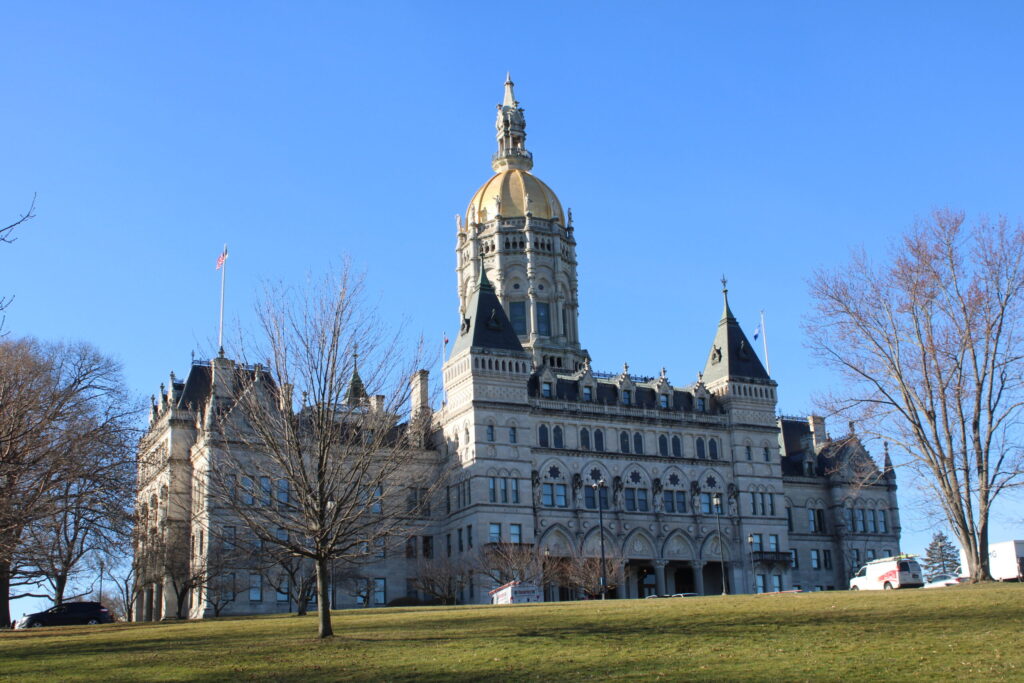As parents across the state continue to face soaring child care costs, Governor Maura Healey’s administration is taking steps to make it easier for Massachusetts families to pay those bills, officials said Monday.
The new policies from the Department of Early Education and Care will cut down on paperwork and simplify the application process for help covering the cost of early education, particularly for low-income families and those facing homelessness or who have disabilities, Healey’s office said in a statement.
Healey said the “changes will help break down barriers for our low-income families and early education programs, making government services more user friendly and equitable.”
Eastern Massachusetts has some of the highest child care costs in the United States, with families in Middlesex and Norfolk counties paying more than $26,000 a year for infant center-based child care, or about 20 percent of median family budgets, according to data released by the US Department of Labor this year. They trailed only Arlington County in Virginia and San Francisco County in California, where the costs are even higher.
Suffolk and Essex counties also ranked in the top 20, and all 14 Massachusetts counties appeared in the top 100, among the more than 2,800 counties nationwide for which data were available.
The changes announced Monday also come as pandemic-era federal funding for child care through the American Rescue Plan came to an end over the weekend. An analysis by the Century Foundation predicted that the end of these funds could result in more than 56,000 Massachusetts children losing access to care.
Under the new regulations, communication with families will be simplified through email and texting campaigns that reach parents directly and help them through the application process, officials said, while duplicative paperwork and reporting requirements are being eliminated.
The state is also updating “provider employment definitions and requirements to reflect the changing nature of work, including more flexibility for hourly wage earners and those working from home,” the statement said.
The state will also begin waiving fees for homeless families and “easing reporting requirements” for people who have disabilities or are participating in substance use treatment, officials said.
The Department of Early Education and Care will work closely with the departments of Transitional Assistance and Children and Families “to streamline processes and reduce administrative burdens for families,” the statement said.
Healey’s office said the department will also incorporate more inclusive language “that supports the dignity of receiving child care financial assistance, and is inclusive of LGBTQ+ families and families with disabilities.” The policies will eventually be explained in up to 14 languages to make the process more accessible.
Material from previous Globe stories was used in this report.
Nick Stoico can be reached at nick.stoico@globe.com. Follow him @NickStoico.





















/cdn.vox-cdn.com/uploads/chorus_asset/file/25822586/STK169_ZUCKERBERG_MAGA_STKS491_CVIRGINIA_A.jpg)

/cdn.vox-cdn.com/uploads/chorus_asset/file/25821992/videoframe_720397.png)



